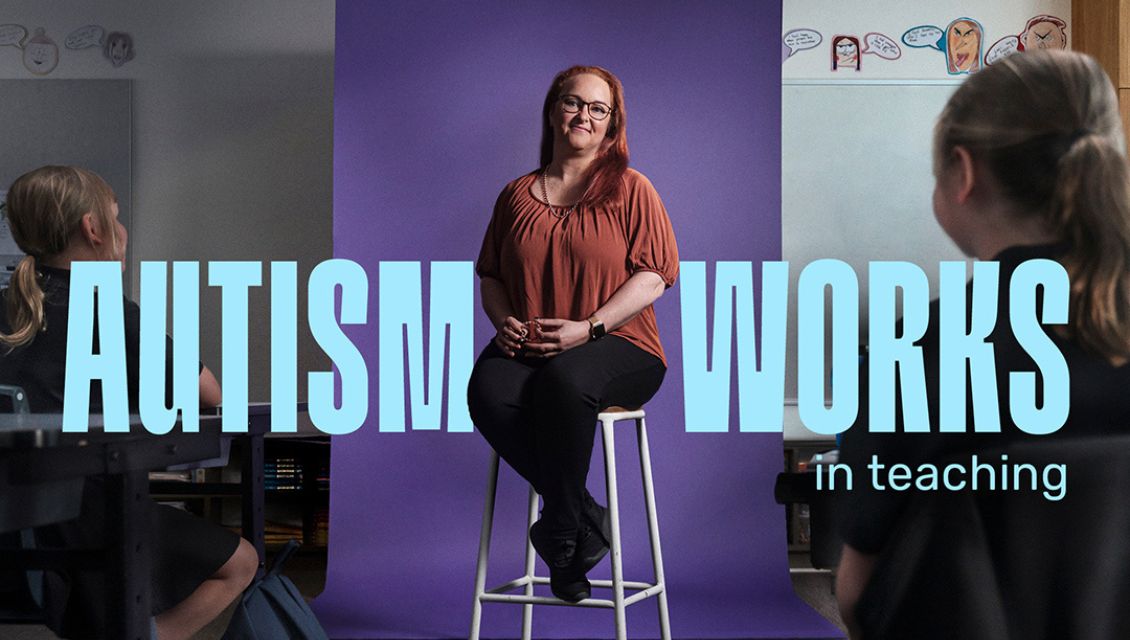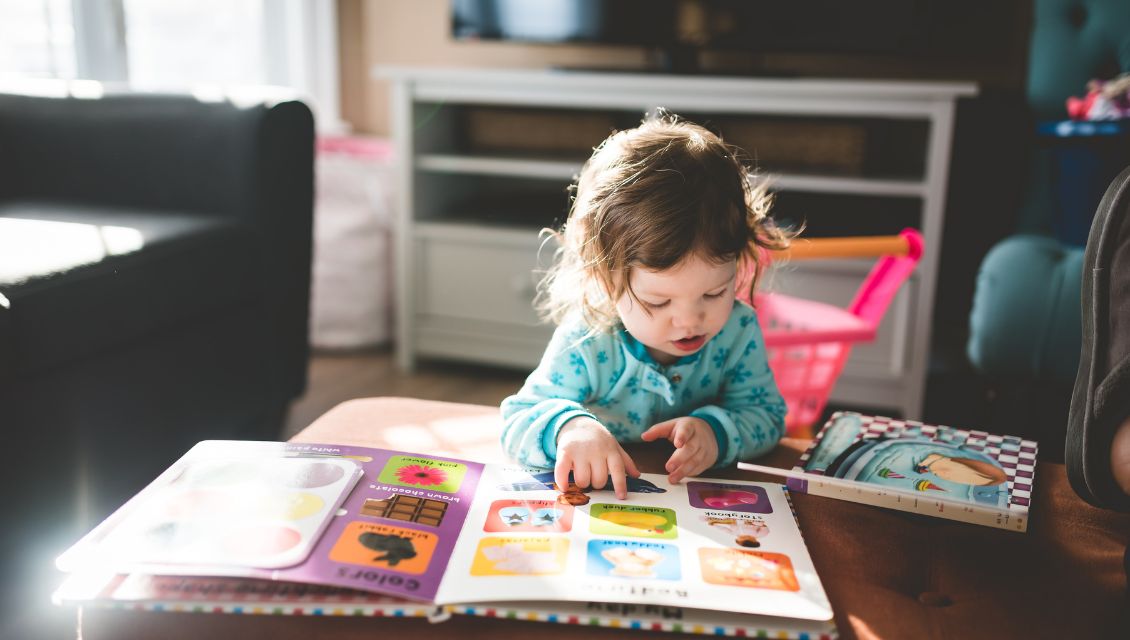
School of the Air is something of an Australian institution.
For many, it conjures up images of outback kids on pedal-powered radios, chatting to their teachers across crackly wires from distant cattle stations.
In 2024, however, things are quite different.
The internet has had a huge impact, and Starlink – the satellite network launched by Elon Musk’s aerospace company SpaceX – means that distances are ever-shrinking and teaching via video-link is now a reality for children in even the most remote parts of South Australia.
Even with modern technology the tyranny of distance is still a factor, but according to the School of the Air’s Port Augusta-based head of campus Lai Kuan Lim, it’s nothing that can’t be overcome with hard work, a sense of community and a little Aussie humour.
Ms Lim, pictured below, said when she took on the role in 2020 most families were on limited data plans, meaning video — which allows teachers and students to see each but chewed up a lot of bandwidth — often became a luxury, especially near the end of the month when internet plans were almost exhausted.
“I believe most, if not all, of my families are now on Starlink, so life is good – let the video run,” she says laughing.
 "We still have the old radios on the school grounds, but they are just kept for tourists to look at.”
"We still have the old radios on the school grounds, but they are just kept for tourists to look at.”
The school's 40 students from 25 families are spread far and wide across South Australia, from the APY Lands and properties close to the NT border, east to the border with Queensland, and west to a point about seven hours’ drive from Port Augusta.
The students range from Reception to Year 7. School of the Air will teach Year 7 as a primary school class for one more year before it comes in line with bricks and mortar schools, which have moved the grade into high school. Once the children reach high school age most attend boarding school in Adelaide.
So on one level things are quite different from a standard school, but in many ways, Ms Lim says, they’re quite similar.
“We start at 8.30 with an assembly in the morning,” she says.
“Our assemblies are different in that they’re not monologues or lectures.
“You have children in Reception who are five or six, and at 8.30 in the morning they start school on their laptops. They can see and hear their teachers and friends but virtual interaction is limited compared to in real life.
“Most of these children do their entire primary schooling with us, so you can imagine seven years – over 190 days a year – on the computer. And people complained about home schooling during Covid!
“So our intention during assembly is to bring the kids together with a sense of social support, camaraderie and fun. It has to be centred around fun. We try to make sure that they’re happy to start the day.”
And there’s often more fun to come later in the day.
Ms Lim says the fact that the children aren’t physically in each other’s presence means they don’t get those opportunities to interact and blow off steam that students at a regular school would get.
There’s no goofing around at lunch or recess or chatting on the walk between classrooms. That’s where Ms Lim introduces “spontaneous play”.
“I know that sounds like an oxymoron, planning for spontaneous play, but that’s what we have to do every day,” she says.
“So every Friday, for example, as a reward for the children, we set up a social space where they can hang out. We put them in breakout rooms, which is a bit like a playground – the older kids hang out in one part of the playground and the little kids are in the sandpit.
“We try to give them some freedom to hang out in a space and have a chat about anything they like – motorbike racing, a television show – or just get in there and play.”
But once a term the students actually get a chance to play in person when the school stages a face-to-face week.
Sometimes this week involves supervised tests, such as NAPLAN, but Ms Lim says there’s always plenty of time for the students, and their parents, to enjoy each other’s company.
“Some of those parents will have driven upwards of 16 hours to get to Port Augusta,” she says.
“They are committed to their children’s education. It’s a week of packing and unpacking.
“The mums get time to get together and touch base and have some time away from the station and running their businesses, the governesses also often come and connect.
“I say that my school is a delightfully happy school. When the kids are here I will hav e to stop them at the gate because school starts at 8.30 and they’re trying to enter the school at 8.15!”
e to stop them at the gate because school starts at 8.30 and they’re trying to enter the school at 8.15!”
And it’s not just the kids coming together that provides face-to-face learning – sometimes the teachers go to them.
Ms Lim says that along with the four classroom teachers the school also has a small team of itinerant teachers who visit different families throughout the year.
“On a Tuesday they will get in the four-wheel-drive and drive out to spend the week with a family and then drive back to Port Augusta on a Friday,” she says.
“From the moment their car rolls into that station they are part of the family. They have dinner with the family, breakfast with the family – not many teachers get to see that.”
Ms Lim says the biggest challenge facing School of the Air was the same one facing many schools not based in the city – attracting and keeping teachers in regional areas.
And she says the looming retirement of Boomer-aged teachers was only going to make the problem more acute.
“Some people might say we should be based in Adelaide because we are online anyway, but for our parents that would mean another three-and-a-half hours of driving to get to the school,” Ms Lim says.
“So I would say to any young graduates, you should consider our school!”
 Ms Lim says that the “country, community spirit” was very evident in the School of the Air community.
Ms Lim says that the “country, community spirit” was very evident in the School of the Air community.
“Quite a few students are third-generation School of the Air,” she says.
“And there are no big heroes in my school – just many small heroes. Everyone is a hero. We all work together.
“Some people might tell you that country people are stuck in their ways, but that is totally untrue. I look different, I sound different, my name is different, but from day one people have been nothing but welcoming to me and they trusted me straight away.”
Ms Lim finishes at School of the Air at the end of the year, and the search is on for her replacement.
“I’m going to take a holiday when I finish,” she laughs.







